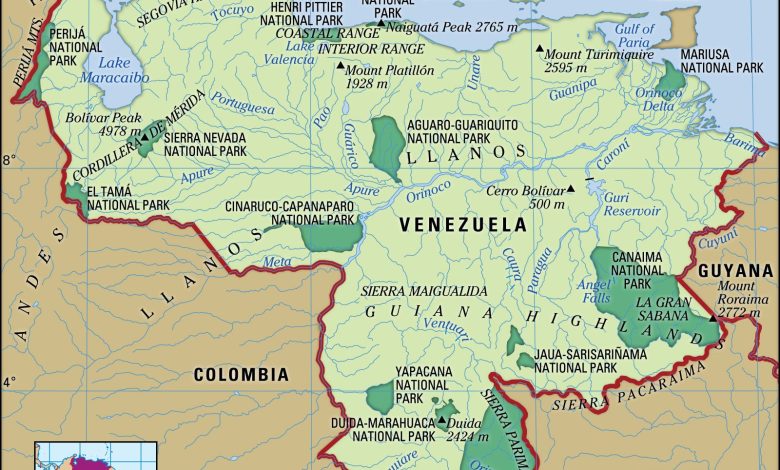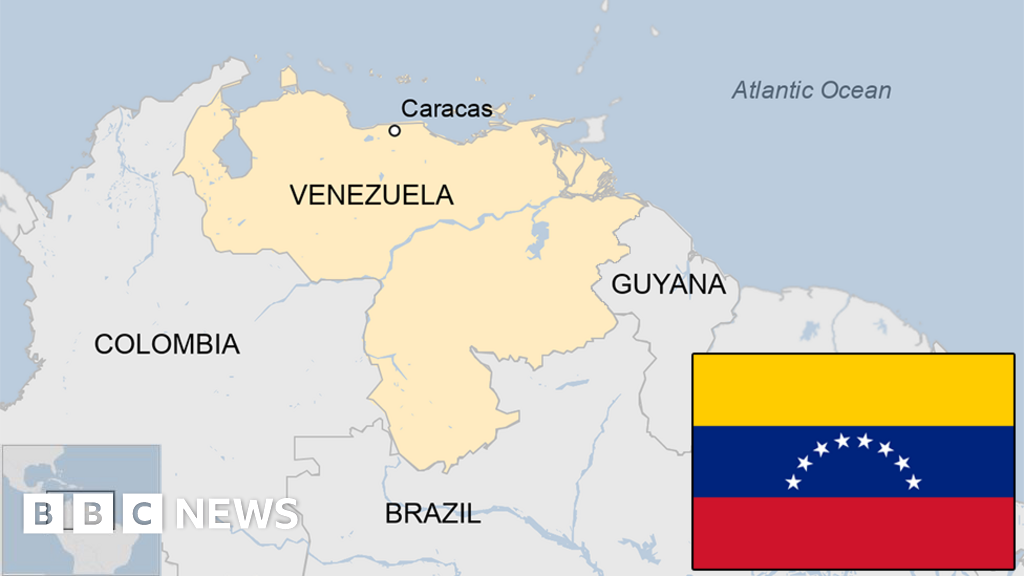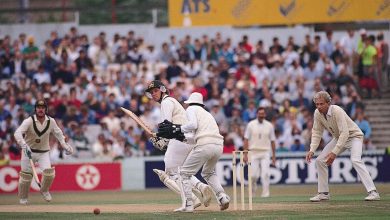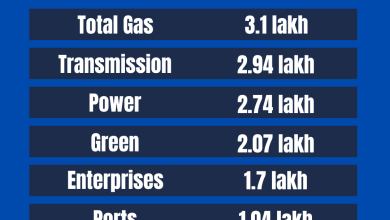Detailed Introduction to the Country of Venezuela: A Traveler’s Guide

Venezuela is a country in South America. It has a rich history and diverse culture. This article will help you learn more about Venezuela.

Credit: www.bbc.com
Geography of Venezuela
Venezuela is located in the northern part of South America. It has a beautiful and diverse landscape. The country is famous for its stunning natural beauty. Let’s explore some geographical features of Venezuela.
- Mountains: Venezuela has many mountains. The Andes mountains run through the western part of the country.
- Plains: The plains, known as “Llanos,” are in the central part of Venezuela. They are home to many animals and plants.
- Rivers: The Orinoco River is one of the longest rivers in South America. It flows through Venezuela and provides water for many people and animals.
- Coastline: Venezuela has a long coastline along the Caribbean Sea. The beaches are very beautiful and attract many tourists.
Climate of Venezuela
Venezuela has a tropical climate. This means it is warm and humid for most of the year. The weather can be different in different parts of the country.
| Region | Climate |
|---|---|
| Coastal Areas | Hot and humid |
| Mountains | Cooler temperatures |
| Plains | Hot and dry |
History of Venezuela
Venezuela has a long and interesting history. It was home to many indigenous people before the arrival of Europeans.
- Pre-Colonial Period: Indigenous people lived in Venezuela for thousands of years. They had their own cultures and traditions.
- Colonial Period: In 1498, Christopher Columbus reached Venezuela. Spain colonized the region in the 16th century.
- Independence: Venezuela gained independence from Spain in 1821. Simón Bolívar was a key leader in the fight for independence.
- Modern History: In the 20th century, Venezuela discovered oil. This changed the country’s economy and politics.
Culture of Venezuela
Venezuelan culture is rich and diverse. It is a mix of indigenous, African, and European influences.
Food
Venezuelan food is delicious and varied. Some popular dishes include:
- Arepas: Cornmeal cakes filled with cheese, meat, or beans.
- Pabellón Criollo: A traditional dish with rice, black beans, and shredded beef.
- Hallacas: Corn dough stuffed with meat, wrapped in plantain leaves, and steamed. They are usually eaten during Christmas.
Music And Dance
Music and dance are important parts of Venezuelan culture. Some popular music styles include:
- Joropo: Traditional folk music with fast rhythms and lively dances.
- Gaita: A type of Christmas music from the Zulia region.
- Salsa: A popular dance music with Cuban and Puerto Rican influences.
Festivals
Venezuelans love to celebrate. Some important festivals are:
- Carnival: A colorful festival with parades, music, and dancing. It takes place before Lent.
- Semana Santa: Holy Week celebrations with religious processions and events.
- Christmas: A festive time with special foods, music, and family gatherings.
Economy of Venezuela
Venezuela’s economy has faced many challenges. The country has many natural resources, including oil. Oil is very important to Venezuela’s economy.
- Oil Industry: Venezuela has the largest oil reserves in the world. The oil industry is a major source of income for the country.
- Agriculture: Venezuela produces coffee, cocoa, and tropical fruits. Agriculture is an important part of the economy.
- Tourism: Venezuela’s natural beauty attracts tourists. The country has many beautiful beaches, mountains, and national parks.
Language of Venezuela
The official language of Venezuela is Spanish. Most people in the country speak Spanish. Some indigenous languages are also spoken in Venezuela.
Wildlife in Venezuela
Venezuela is home to many different animals and plants. The country’s diverse habitats support a wide range of wildlife.
- Birds: Venezuela has over 1,400 species of birds. Some famous birds include the harpy eagle and the scarlet ibis.
- Mammals: There are many mammals in Venezuela. Jaguars, capybaras, and howler monkeys are some examples.
- Reptiles: Venezuela has many reptiles, including anacondas and caimans.
- Plants: The country has a rich variety of plants. Orchids, bromeliads, and mangroves are some examples.
Famous Landmarks in Venezuela
Venezuela has many famous landmarks. Some of them are known all around the world.
- Angel Falls: The world’s highest waterfall. It is located in the Canaima National Park.
- Mount Roraima: A flat-topped mountain. It is located in the Gran Sabana region.
- Margarita Island: A beautiful Caribbean island. It is a popular tourist destination.
- Los Roques Archipelago: A group of islands with stunning beaches and clear waters.

Credit: www.bbc.com
Venezuelan People
The people of Venezuela are warm and friendly. They are known for their hospitality and love of life.
- Family: Family is very important in Venezuelan culture. People often live close to their relatives.
- Religion: Most Venezuelans are Roman Catholic. Religion plays a big role in their lives.
- Sports: Venezuelans love sports, especially baseball and soccer.
Travel Tips for Venezuela
If you plan to visit Venezuela, here are some tips:
- Travel Documents: Make sure you have a valid passport and visa.
- Health: Check for any required vaccinations before traveling.
- Safety: Be aware of your surroundings and avoid risky areas.
- Currency: The currency is the Bolivar. Make sure to have some cash with you.
Venezuela is a beautiful country with much to offer. From its stunning landscapes to its rich culture, there is something for everyone to enjoy. We hope this article has given you a good introduction to Venezuela.
Frequently Asked Questions
What Is The Capital Of Venezuela?
Caracas is the capital city of Venezuela.
What Language Is Spoken In Venezuela?
Spanish is the official language of Venezuela.
What Currency Does Venezuela Use?
Venezuela uses the Bolivar as its currency.
How Is Venezuela’s Climate?
Venezuela has a tropical climate with wet and dry seasons.




